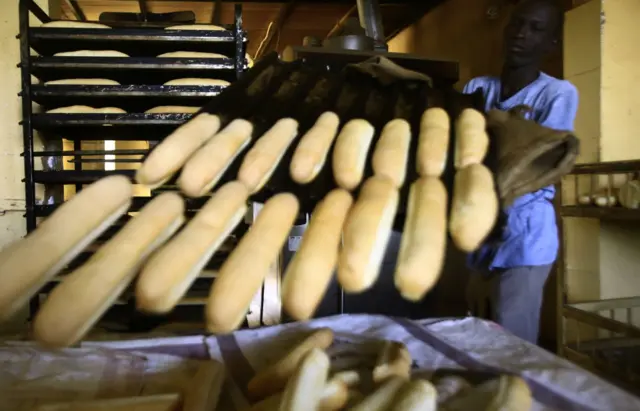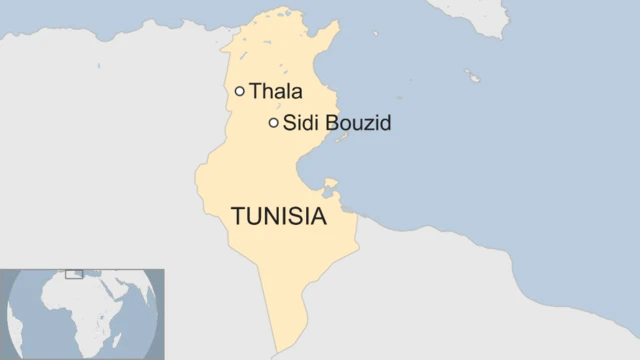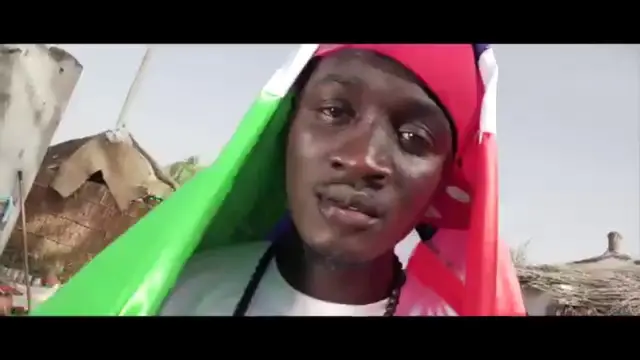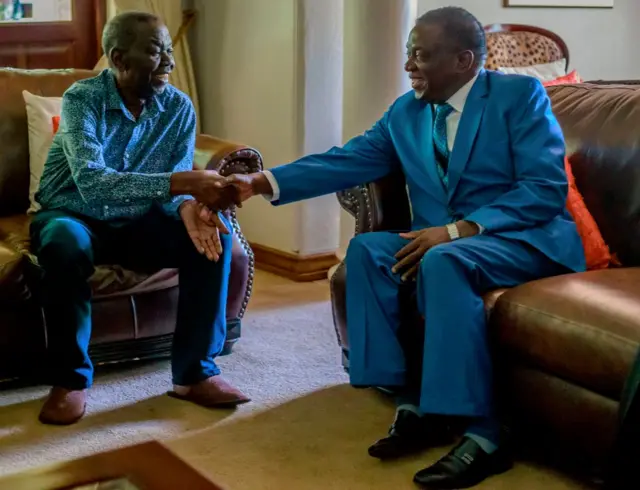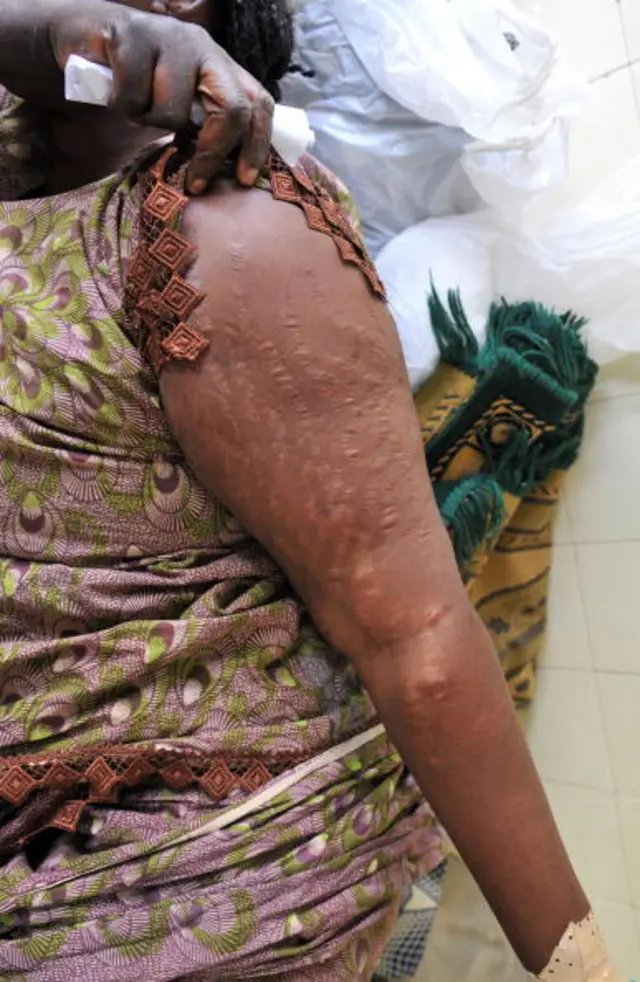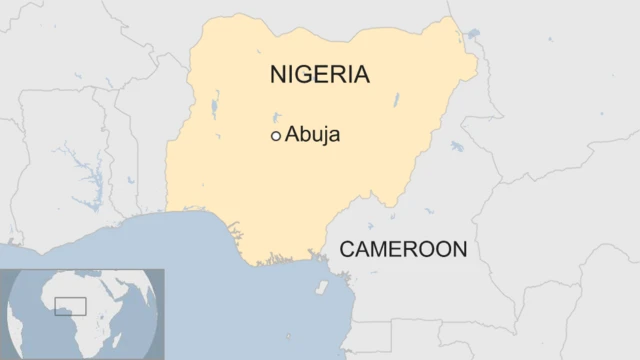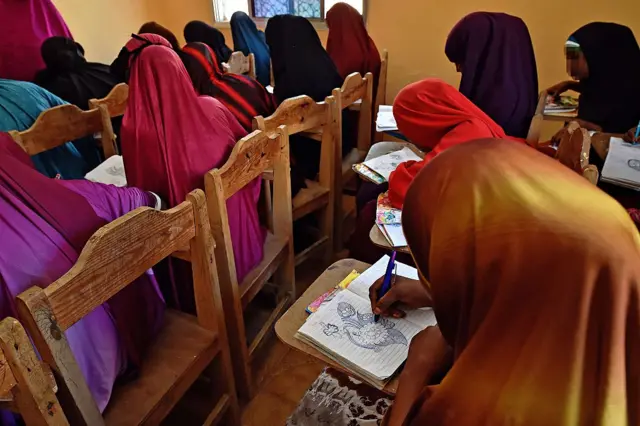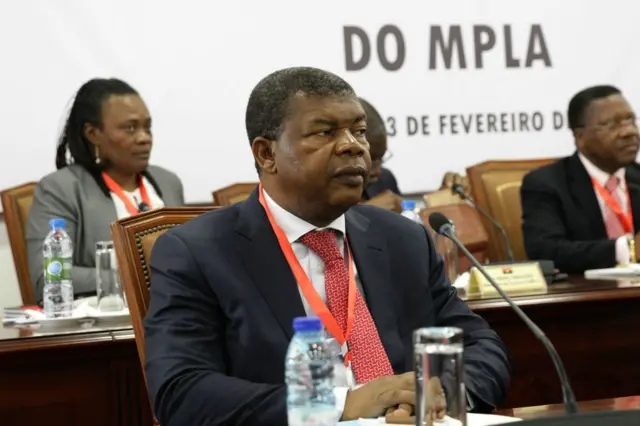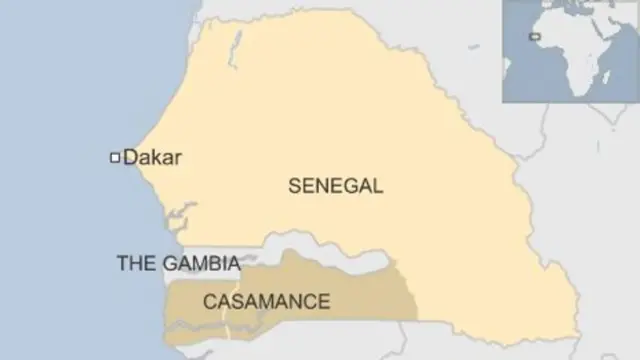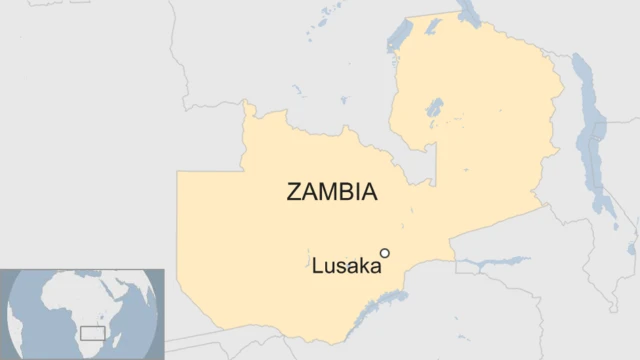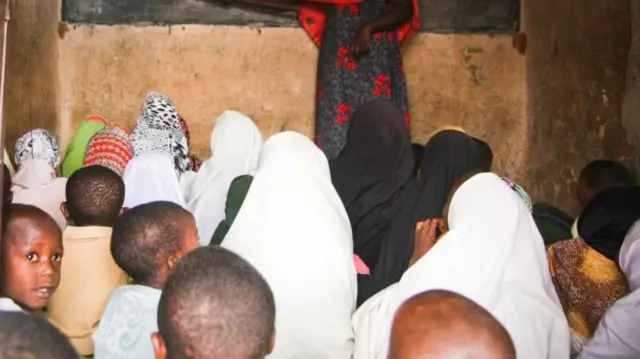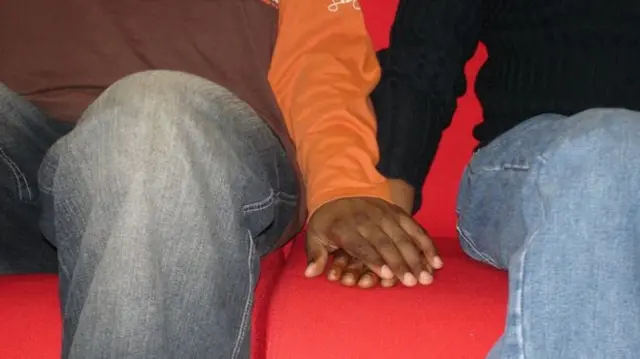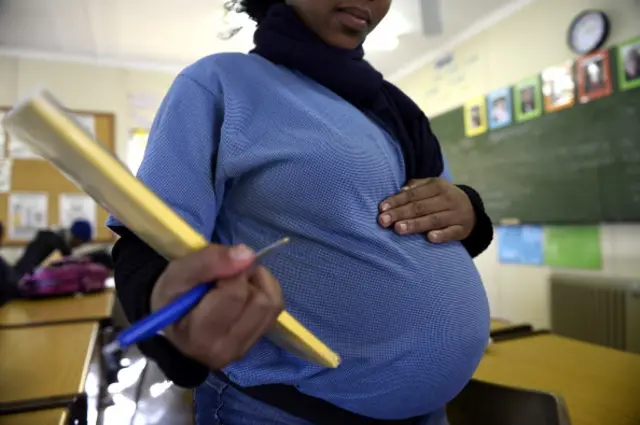Scroll down for Monday's storiespublished at 17:32 GMT 8 January 2018
We'll be back tomorrow
That's all from BBC Africa Live today. Keep up-to-date with what's happening across the continent by listening to the Africa Today podcast or checking the BBC News website.
A reminder of today's wise words:
Quote MessageIf the water has life the fish have life."
An Igbo proverb from Nigeria sent by Nnamdi Chukwu in London, UK
Click here to send us your African proverbs.
And we leave you with this image taken in Lamu, Kenya and shared by Tastemakers Africa, external on Instagram:
Allow Instagram content?
This article contains content provided by Instagram. We ask for your permission before anything is loaded, as they may be using cookies and other technologies. You may want to read Meta’s Instagram cookie policy, external and privacy policy, external before accepting. To view this content choose ‘accept and continue’.

